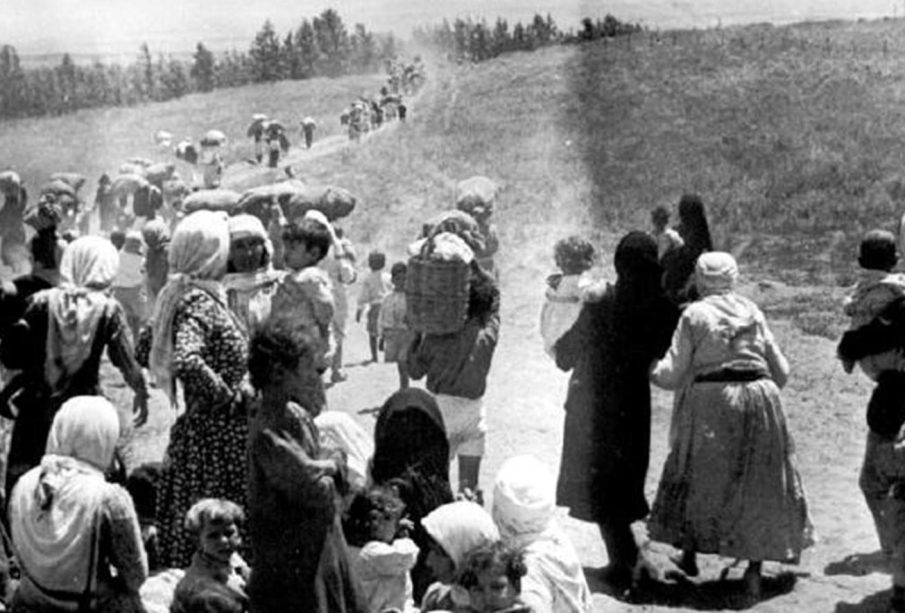The Importance of Nakba in Palestinian History

Introduction to Nakba
The Nakba, meaning ‘catastrophe’ in Arabic, refers to the mass displacement and dispossession of Palestinian Arabs during the creation of the State of Israel in 1948. This event is pivotal in understanding the Israeli-Palestinian conflict and the ongoing struggles faced by Palestinian communities. Annually, on May 15, Palestinians and their supporters around the world commemorate Nakba Day, reflecting on the historical significance and the enduring implications of this term.
The Historical Context of Nakba
The Nakba is rooted in the early 20th century with the rise of Zionism and the subsequent British Mandate in Palestine post-World War I. Tensions between Jewish and Arab communities escalated as Jewish immigration increased. By 1947, the United Nations proposed a partition plan to create separate Jewish and Arab states, a decision rejected by Arab leaders, leading to conflict. In the ensuing 1948 Arab-Israeli War, more than 700,000 Palestinian Arabs were expelled or fled from their homes, resulting in a drastic demographic shift.
Impact and Legacy
The ramifications of Nakba are profound and long-lasting. It established a refugee crisis that has persisted for decades, with millions of Palestinians today living in diaspora or refugee camps. The event is central to Palestinian identity and nationalism, shaping their collective memory and historical narrative. The right of return for Palestinian refugees remains a contentious issue in peace negotiations. Furthermore, the Nakba has influenced regional relations and international perspectives on the Israeli-Palestinian conflict.
The Significance of Commemoration
Each year, Nakba Day serves not only as a reminder of historical injustices but also as a call to action for justice and recognition of Palestinian rights. Events and demonstrations highlight stories of the displaced and advocate for their rights. This commemoration draws attention to the ongoing challenges faced by Palestinians, including settlement expansion, military occupation, and issues of sovereignty.
Conclusion
Understanding Nakba is essential for comprehending the complexities of the Israeli-Palestinian conflict today. As new generations of Palestinians continue to carry the legacy of Nakba, the demand for recognition and resolution remains. Acknowledging this historical event is crucial for any future peace efforts and for fostering dialogue and understanding among communities. As the world watches, the plight of the Palestinian people carries importance not just in historical terms but also for contemporary global human rights discourse.








